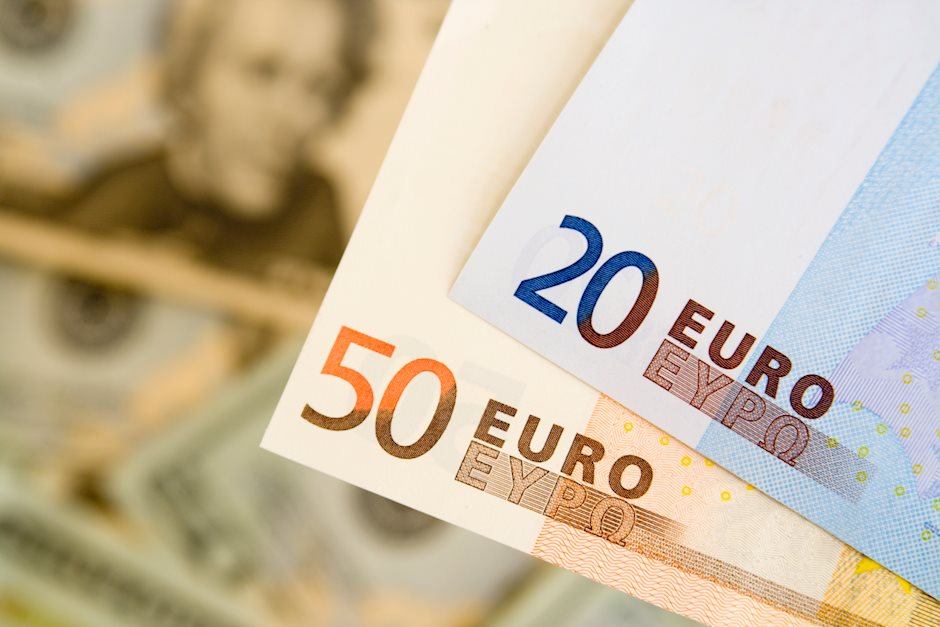Beta between EUR/USD and interest rate differentials has collapsed – Deutsche Bank

Oliver Harvey, Macro Strategist at Deutsche Bank, explains that regime change has been a feature of FX markets this year, for example, the beta between EUR/USD and interest rate differentials has collapsed.
Key Quotes
“One reason is that shifts in asset allocation have reduced the exchange rate sensitivity to monetary policy. And nowhere is there clearer evidence than the M&A market.”
“M&A inflows into the Eurozone versus the US have soared to the highest level since the mid-2000s and are showing little sign of slowing down. Our latest report shows USD 32bn worth of outflows from the US in the last three months and USD 13bn of inflows to the Euro Area. M&A flows have clearly been an important factor behind EUR/USD strength this year.”
“How long can the euro M&A party last? Growth and valuations will both be important factors here, but it's worth noting that M&A trends can be quite persistent. In the early 2000s, dollar negative outflows flows lasted for several years, while M&A outflows from the Euro Area persisted through most of the post-crisis period, before turning positive this year. Moreover, deal-making activity between the US and Euro Area diverged sharply since the financial crisis and the latter has only slowly begun to catch up, which doesn't suggest the European market is exhausted just yet.”
“In other major currencies, Japan has experienced three consecutive years of M&A outflows but these are starting to slow notably. The UK has seen flat M&A flows this year, after modest ones in 2016 and huge inflows in 2015, suggesting Brexit has been weighing on foreign investment decisions. Australian M&A inflows, which were supportive in 2016 and 2015, are more disappointing this year. Canada continues to see large outflows.”
Author

Sandeep Kanihama
FXStreet Contributor
Sandeep Kanihama is an FX Editor and Analyst with FXstreet having principally focus area on Asia and European markets with commodity, currency and equities coverage. He is stationed in the Indian capital city of Delhi.
















